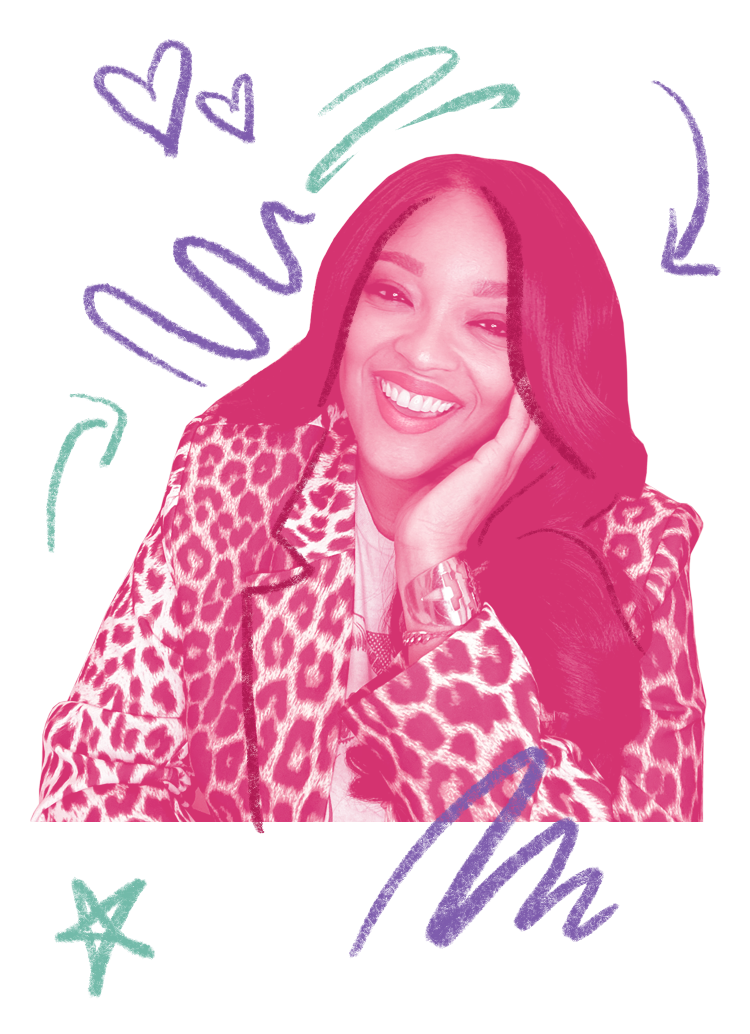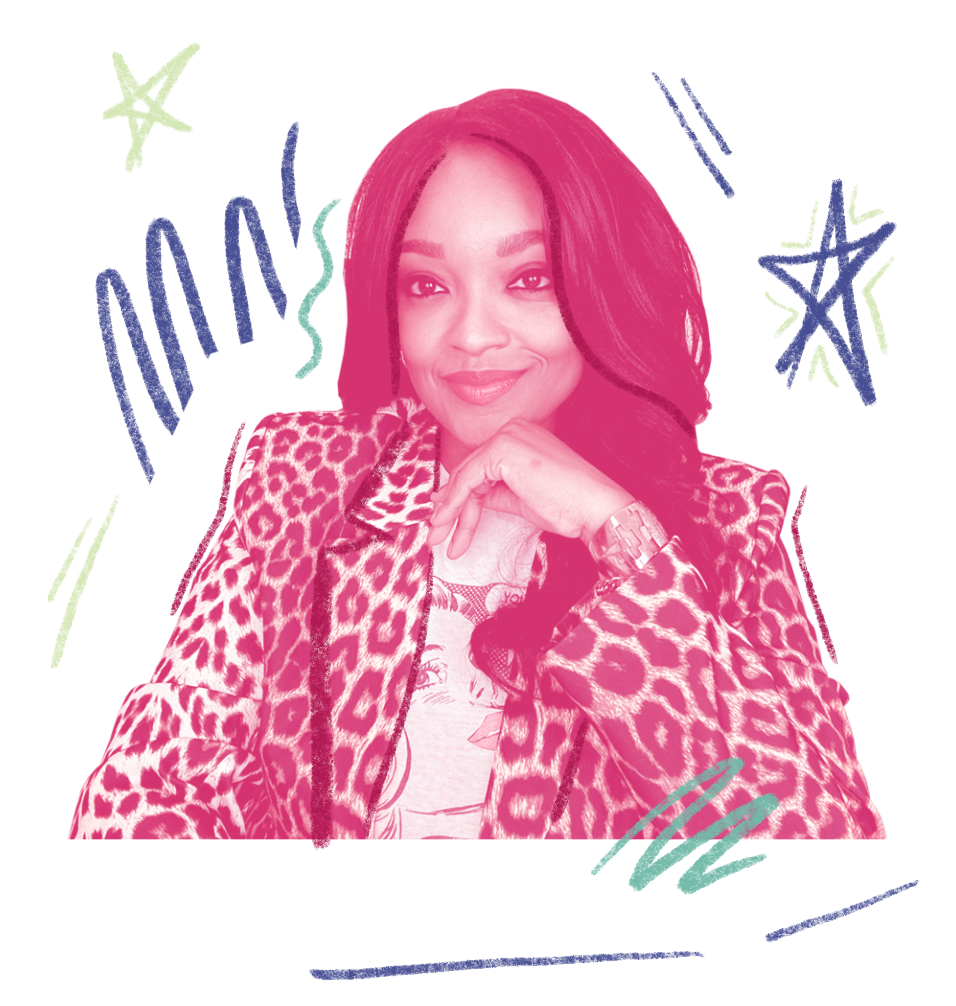Patient Insider: Nikki's Journey
Patient InsiderHey, I’mNikki.Caring for my momwith Alzheimer’s meant being partners.

I thought my mom just needed a day off
My mom was my best friend and we were extremely close. She was a nurse for patients with Alzheimer’s and dementia, and it was very stressful for her. She always looked very tired and started to forget things. I remember saying to her, “Mom, maybe you should take a day off.” We were on the phone talking one day, and she couldn’t remember how to get home from work. I asked her to tell me what was around her so I could help guide her. She was three blocks from our house. Shortly after, my mom was diagnosed with Alzheimer’s at 58 years old.
Making changes together helped us both feel empowered.
Being a caregiver means being an equalizer of care.
From burnout to balance
There’s a balance in being on this journey together. You give care to your loved one, and you also have to give care to yourself. It’s a partnership. We have a tendency to neglect ourselves when we are taking care of our loved ones. We have to change that.
A nurse once asked me, “How are YOU doing in managing her care? Are you making sure to take breaks, too? What do your breaks look like?” I had no idea anyone cared. It’s a life-changing experience when it feels normalized to take a break and practice self-care.
How do we find the time? Figuring out what your days are looking like and where you’re feeling exhausted can help you explore ways to create more time and better systems for yourself. Are you a night person? Do the next day’s prep at night when you have the most energy. During the busy times, we can take care of ourselves in small ways. Take a multivitamin or wear a moisturizer with SPF. Even stretching counts.

My Reading List
Every Alzheimer’s journey is unique, but we’re not alone. Learn more here.
- Helping Your Loved One with Alzheimer's Maintain Their Dignity and Independence
- Dignity and Alzheimer's: A Community Experience
- Please Meet Me Where I Am
Oh, and follow more of my story.